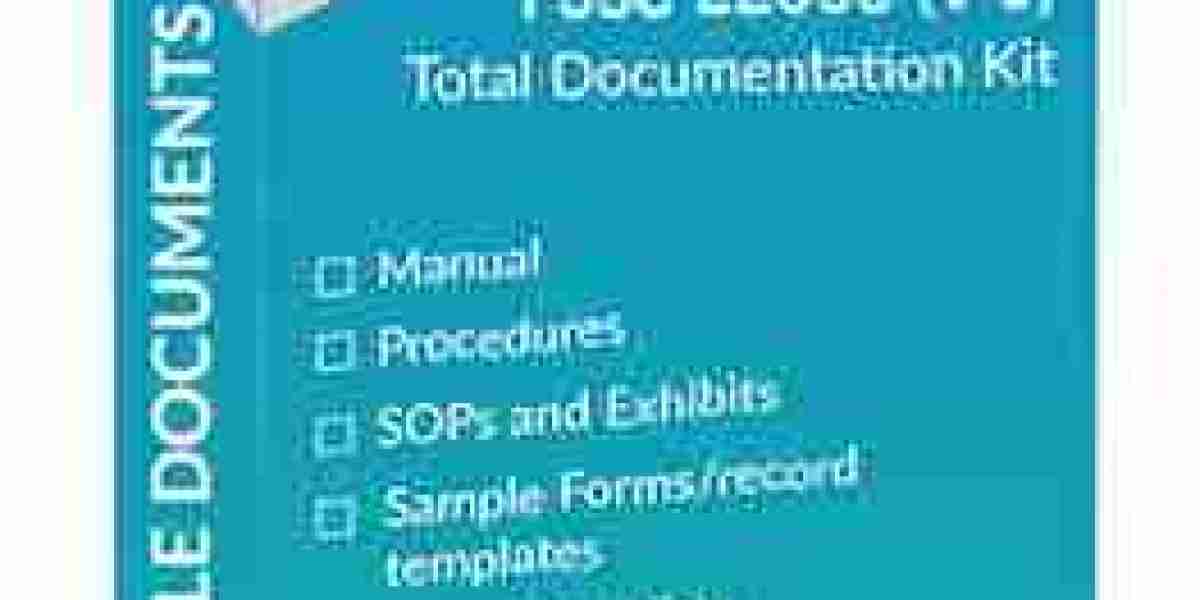From farm to fork, every step in the food supply chain plays a crucial role in ensuring the safety and quality of what we consume. At the heart of this intricate system lies ISO 22000, the international standard for food safety management systems (FSMS). And within this framework, ISO 22000 manuals act as a crucial compass, guiding organizations towards consistent and effective food safety practices.
Why ISO 22000?
Foodborne illnesses remain a global threat, impacting millions annually. ISO 22000 provides a science-based approach to managing food safety risks, from identifying hazards and mitigating their impact to implementing preventive controls and conducting continuous improvement measures.
The Power of Manuals:
ISO 22000 manuals are function of living documents, outlining the organization’s unique FSMS. They function as a reference point for internal procedures, personnel roles, and duties, and control measures employed all through the food chain.
Key Components of an Effective Manual:
- Scope and Context: Clearly defines the organization's activities and the extent of the FSMS application.
- Food Safety Policy: Outlines the company's commitment to food safety and sets overarching objectives.
- Hazard Analysis and Critical Control Points (HACCP): Identifies potential hazards,establishes critical control points (CCPs),and details monitoring procedures and corrective actions.
- Operational Procedures: Describes particular procedures and sports related to food coping with, manufacturing, garage, and distribution.
- Documentation Records: Defines the types of records required to demonstrate FSMS implementation and effectiveness.
- Internal Audit and Management Review: Establishes procedures for ongoing monitoring and evaluation of the FSMS.
The Role of the ISO 22000 Lead Auditor:
Ensuring the effectiveness of these manuals comes through the expertise of trained professionals known as ISO 22000 Lead Auditors. These individuals possess the knowledge and skills to assess whether an organization's FSMS, including its manuals, meet the requirements of ISO 22000. Their thorough audits validate the system's robustness and identify potential areas for improvement, ultimately contributing to safer food for all.
Investing in Food Safety:
Implementing and maintaining a comprehensive ISO 22000 manual may seem like an initial investment, but the long-term benefits are substantial. Not only does it safeguard consumer health and brand reputation, but it also improves efficiency, minimizes food waste, and fosters a culture of food safety within the organization.
Benefits of a Robust Manual:
- Consistency and Clarity: Provides a clear roadmap for employees,ensuring everyone understands their roles and responsibilities in maintaining food safety.
- Improved Communication: Enables transparent communication of food safety necessities in the employer and with external stakeholders.
- Compliance and Traceability: Serves as a documented document of adherence to ISO 22000 requirements and allows traceability in case of incidents.
- Continuous Improvement: Guides regular reviews and updates of the FSMS,enabling an organization to adapt to evolving food safety challenges.
Conclusion:
In the ultra-modern world, prioritizing food protection is not a choice, but a necessity. ISO 22000 manuals, fueled by the knowledge of ISO 22000 Lead Auditors, empower corporations to take ownership in their food protection adventure. By way of adhering to those crucial documents and continuously improving their FSMS, we can all make contributions to a safer and more healthy meals destiny for generations to come.







